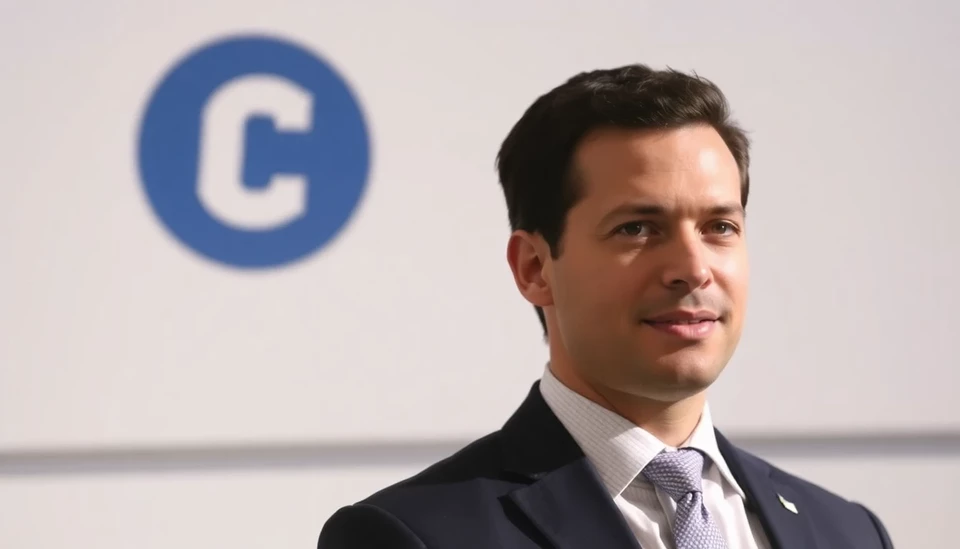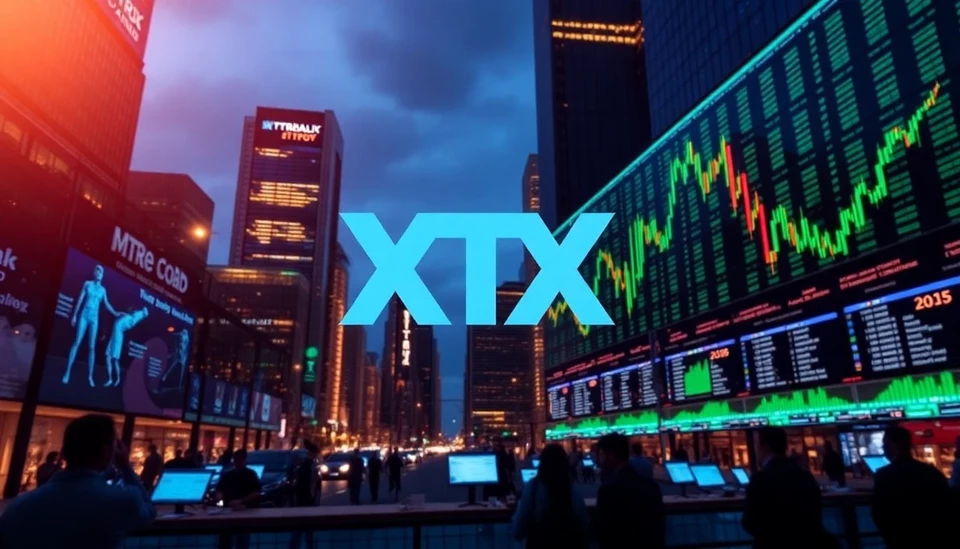
The financial technology company Earnin, which allows users to access their wages before their official paydays, is facing a lawsuit initiated by the Attorney General of Washington D.C. The lawsuit accuses Earnin of charging interest rates exceeding 300%, which is alleged to violate local usury laws. This legal action is part of a broader effort to scrutinize financial practices that disproportionately affect vulnerable populations.
Earnin operates on a unique model that appeals to many workers who live paycheck to paycheck, providing them with a sense of financial flexibility. Users can withdraw a portion of their earned wages in advance, but according to the Attorney General's office, the company's practices are steeped in an exploitative framework. The lawsuit highlights that Earnin does not operate under a traditional loan structure; instead, it utilizes a tip-based model where users are encouraged to give tips in exchange for the service. However, this model is allegedly masking exorbitant interest rates that far surpass allowable limits.
The investigation by the D.C. Attorney General’s office unveiled that many users who fell into this cycle of borrowing ended up paying back significantly more than what they initially withdrew, raising concerns about the long-term financial impacts on low-income workers. In a statement, Attorney General Brian Schwalb expressed that products like Earnin might seem beneficial on the surface but often lead to greater financial distress for users.
This lawsuit not only seeks to hold Earnin accountable but also aims to bring awareness to the need for stringent regulations surrounding paycheck advance services. As the popularity of such fintech solutions continues to rise, this case could set important precedents for how these companies operate within the District of Columbia and potentially influence legislation across the United States.
In response, Earnin has defended its practices, claiming that it provides a vital service for many in need of immediate access to funds. The company has stated its commitment to ensuring that all fees are clear and that users maintain control over their financial decisions. However, the rising scrutiny from various state legislatures indicates that the conversation about consumer protection in financial services is far from over.
As this lawsuit progresses, many industry experts will be watching closely to assess the implications for Earnin and similar fintech companies. Should the court find in favor of the Attorney General, it could lead to significant changes in how these services operate, impacting their accessibility and affordability for millions of consumers.
The broader conversation about financial literacy and consumer rights is gaining momentum as more people navigate the complexities of modern finance. Advocacy groups are pushing for clearer guidelines and protective measures for consumers engaging with fintech solutions like Earnin. The outcome of this lawsuit may very well influence future legislative actions aimed at enhancing protections for borrowers in the digital age.
#Earnin #Fintech #Lawsuit #WashingtonDC #ConsumerProtection #UsuryLaws #FinancialLiteracy
Author: John Harris




